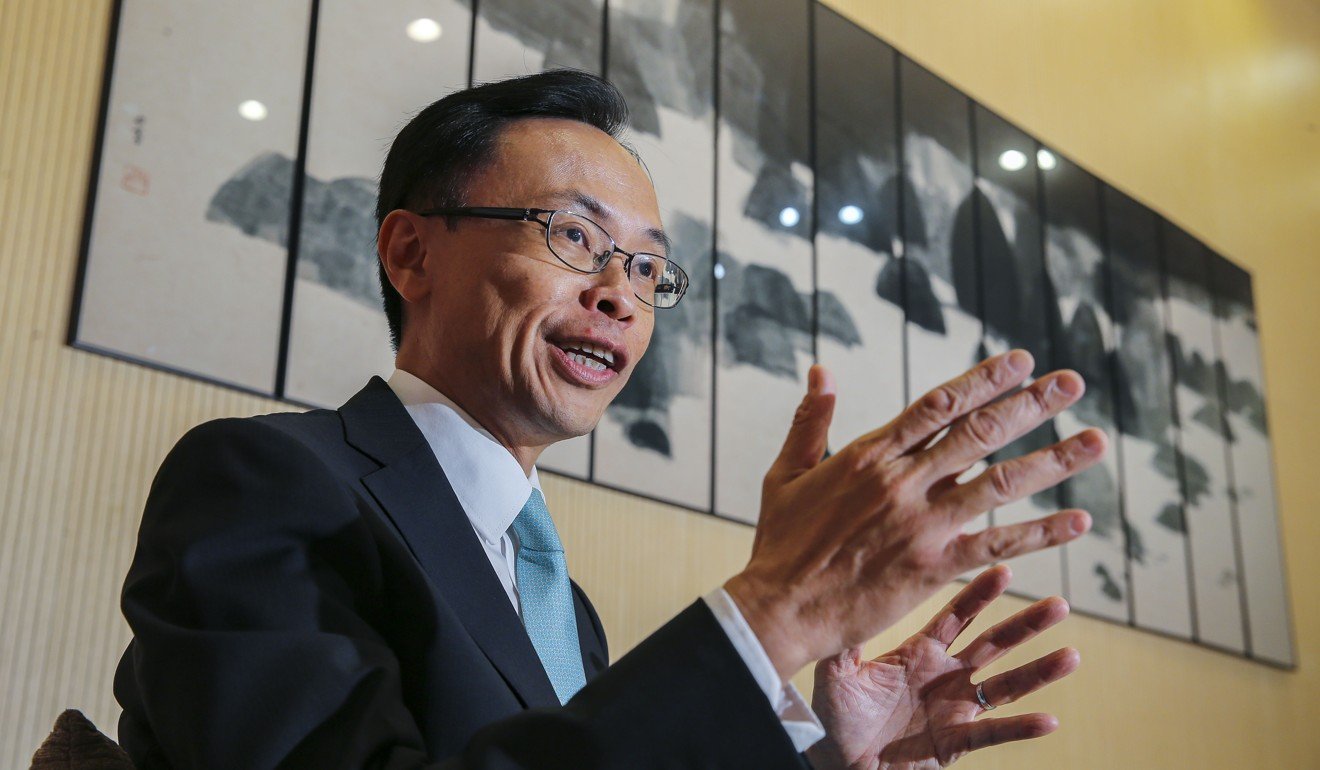
Greater rewards mean greater responsibility for Hongkongers taking advantage of ID card benefits
Now that residents from Hong Kong, Macau and Taiwan can gain access to the same benefits as their mainland Chinese counterparts, calls for income tax exemption must be treated with caution
No pain, no gain. That’s common sense.
And it should also serve as a reminder when it comes to the benefits Hongkongers expect from mainland authorities before crossing the border to start a new life – asking for more also means taking on greater responsibilities.
But is that a practical request or just entitlement to preferential treatment, on which the city’s politicians and the government feel obliged to take a stand?
New mainland China ID card for Hong Kong, Macau and Taiwan residents will be revoked if holders pose threat to country, documents reveal
It was also announced last week that Hongkongers with a mainland smart card in future could buy property under the same conditions as other bay area locals.
The question in Hong Kong is, and has always been, how many people – especially the younger generation – are willing to leave their comfort zones and start a new career further away from home just because of these incentives?
And don’t forget, benefits can come hand in hand with burdens. One deterrent has long been the mainland’s highly complicated and heavy income tax system, along with other charges, contrasting sharply with Hong Kong’s simple regime of low taxes.
Income tax here is capped at 17 per cent, based on a cumulative calculation methodology targeting the very few top earners. That explains why the mainland tax issue has long been the subject of tough negotiations between employees and employers who need to send staff up north to run offices across the border.
Self-employed Hongkongers also need to consider this factor before starting their own businesses on the mainland.
Hong Kong has had a long, fine and proud tradition of citizens finding their own motivation and taking their own initiative to seek better opportunities elsewhere, while the government’s role in this regard has been minimal. Entrepreneurs used to claim that it was their own business instinct rather than government encouragement, especially before the 1997 handover from British to Chinese rule, that drove them to invest on the mainland.
Times have changed and the Greater Bay Area project now needs much more cross-border governmental coordination.
Innovation, technology will give Hong Kong economy a boost and help develop high-end industry, senior officials say
Thus, before any immediate sign of wholesale migration by Hongkongers to the bay area, local politicians and critics are complaining about the mainland tax burden, urging the government to negotiate a solution with authorities there.

Special tax treatment is always an incentive for any government to attract outside talent, but it is only one of many factors people will consider before deciding on a new life in a new place.
Income tax systems in the United States and other developed countries may vary considerably and the taxes may be higher than Hong Kong’s, but there are people willing to try their luck anyway. As for the mainland, tax issues aside, other unfavourable conditions – including strict internet controls – also add to Hongkongers’ hesitation.
Lower income tax is not just on Hongkongers’ wish list but on that of their mainland counterparts, too. No authority across the border can easily ignore this matter of fairness, while tax reform has been and will continue to be politically sensitive on the mainland.

